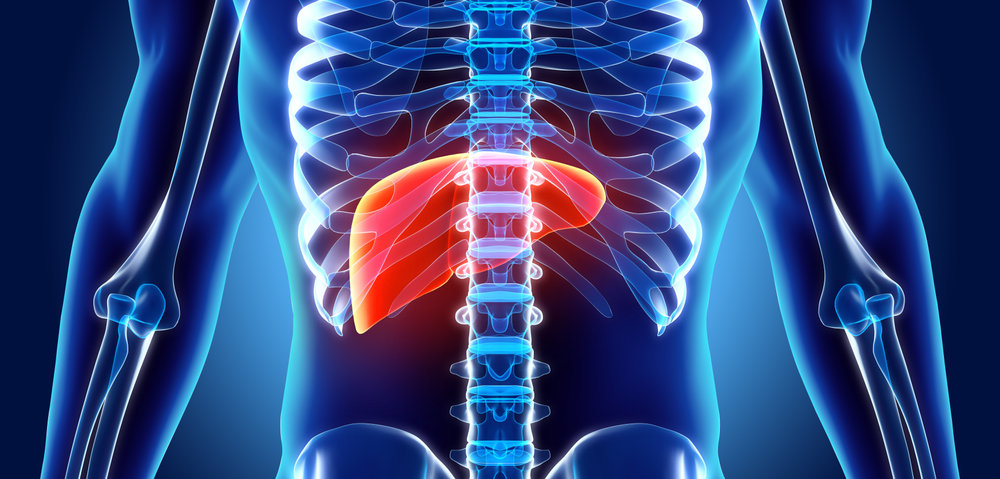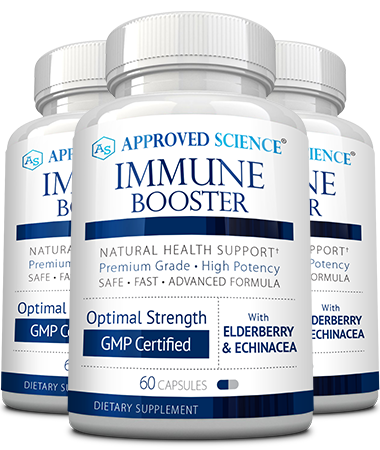Coffee and its impact on health have been subject to debate for years, with new reports being published monthly claiming in favor of coffee and its health benefits or arguing against the consumption of coffee for the potentially harmful effects it has on the body. The general consumer may find themselves questioning their sources and find it difficult to rely on any set opinion. That said, the latest study in a long line of coffee-related reports highlights that a few cups of coffee a day may actually help prevent liver disease and associated cancer.
In this article, we will unpack the researchers’ findings and suggest how drinking a certain amount of coffee per day may actually support your health and reduce the risks of liver disease.
New Studies On The Link Between Coffee And Liver Health
The latest coffee-related studies detailing its impact on liver health come as of 22 June 2021 published in the authoritative journal BMC Public Health from the UK. The studies highlight that individuals who consume coffee daily experienced a 21 percent reduction in the risks of liver disease and a whopping 49 percent decrease in the risk of liver-associated death and chronic liver disease.
What makes this study particularly useful for consumers is the massive number of subjects considered to test the researchers’ hypothesis. The studies tracked the coffee consumption of 495,585 individuals over the course of 10 years. Most studies are either subject to animal testing or utilize very small subject groups, often serving against the potential efficacy of their results. In this case, the subject group was extremely large and makes for a strong case in coffee consumption to reduce risks of liver disease.
In the group, 78 percent consumed coffee while the other 22 percent did not. Over the course of the study’s length, 3,600 cases were reported of individuals experiencing liver disease or a build-up of fat in the liver. There was also a report of 184 individuals suffering from liver cancer. The results of the study indicated that the coffee drinkers had a 21 percent reduction in the risk of liver disease and a 49 percent reduction in the risk of liver cancer.

It is also interesting to note that those who consumed caffeinated ground coffee were among the subjects that experienced the most pronounced reduction in the risk of liver disease, whereas the consumption of decaffeinated or instant coffee showcased higher potential health benefits and ground coffee had the most significant health benefits impact. The studies found that the reason behind this is the high concentrations of kahweol and cafestol found in ground coffee that are responsible for protecting the liver from disease.
Another conclusion to these results was that benefits leveled off around 4 to 5 cups of coffee per day. Dr. Joseph Lim of Yale Medicine reported that, although other similar studies exist, this particular study is the most convincing report to suggest coffee is associated with reduced risk of liver disease.
How Does Coffee Affect The Liver?
With an understanding of what this particular study highlighted, we need to take a closer look now at how coffee actually affects the liver to make a more informed consumer choice the next time we find ourselves browsing the supermarket for our favorite cup.
Older studies have already indicated that coffee consumption reduces severe liver scarring, the prominence of fatty liver disease, rates of hospitalization as a result of liver issues, and mortality caused by liver scarring. This new study also links the consumption of coffee to better liver health because of its ability to decrease liver enzyme levels. Elevated levels of liver enzymes are not typically associated with severe health risks, however they can be a result of inflammation and damage occurring in the liver that consumers may not be aware of.
Another way in which coffee may positively affect the liver is the way in which it impacts one’s diet. For one thing, coffee can contribute to weight management as it increases feelings of satiety which helps people to not overeat. Furthermore, reports highlight that coffee may have anti-inflammatory and anti-fibrotic properties that help heal and protect the liver against stresses and damage.
There is still much to learn about coffee and these studies only scratch the surface of what consumers can expect to benefit from health-wise through the consumption of coffee. As more and more studies become available, we will be able to paint a clearer picture of the benefits of coffee consumption.
How Much Coffee Should One Drink?

As with all things, it’s best to practice coffee consumption in moderation. Too much coffee, and you may experience negative side effects such as nausea or increased heart rate. Too little coffee, and you may not experience the health benefits associated with coffee consumption outlined in the recent study.
These new reports indicate that consumers should average approximately two cups of black caffeinated coffee per day. Everyone’s biochemical makeup is different, hence it is extremely important to monitor one’s intake and keep track of your body’s response to your coffee consumption. For example, individuals that experience heartburn or gastrointestinal issues should reduce their coffee intake. This is also true for people that suffer from cardiovascular-related problems such as high blood pressure as coffee increases heart rate putting a strain on these bodily functions.
Lim has stated quite clearly that “Although individuals should continue to feel reassured that they can continue to drink coffee at current levels, I would not suggest increasing levels of consumption with the intent of improving liver outcomes”.
The Benefits Of Adding Supplement Support
Coffee drinkers may rejoice at the studies highlighting the potential ability of coffee consumption to reduce risks of liver disease. That said, coffee should not be considered a liver support supplement, and there are several quality supplements that are more beneficial for one’s health and wellbeing as a detoxifying agent for the liver.

For example, Approved Science Immune Booster supports internal bodily processes that impact overall health as well as the liver’s functioning. This particular product contains a wealth of important vitamins, minerals, and nutrients that serve to strengthen the immune system, combat the presence of free radicals that can lead to cancer, and provide anti-viral protection.
The use of these kinds of supplements alongside a proper liver support remedy and coffee consumption can provide a comprehensive support network for your liver health. One should also ensure that they practice regular exercise, eat healthily, and implement steps to combating anxiety if they wish to experience better holistic health and liver support.
In Conclusion
The publication of the recent studies by BMC Public Health is a positive step in the advancement of scientific research surrounding the proposed health benefits of coffee. This particular, large-scale report notes that individuals who consume several cups of coffee should experience a significant percentage reduced risk of liver disease and associated cancer. While research is still being conducted on the health effects of coffee, consumers may take this stride as a positive indicator for the moderate consumption of coffee. Bear in mind, however, that coffee is not a substitute for other liver repair remedies and healthy lifestyle strategies that promote overall wellbeing. This article should only serve as a guideline and not as health advice you should rather seek from your general health practitioner.

